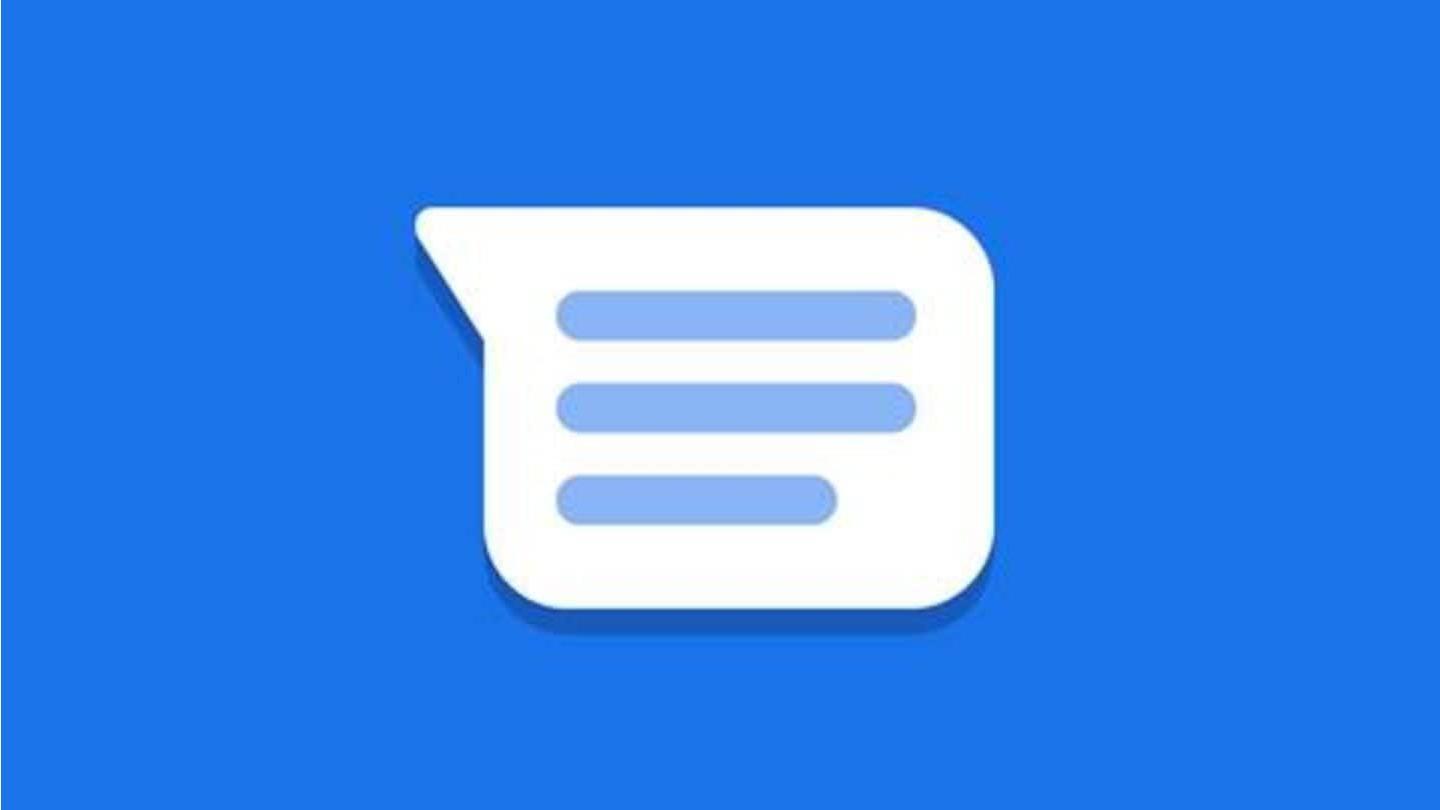
Google experiments emoji-responses to SMS messages from iPhones
What's the story
In view of improving messaging compatibility between iOS and Android users, Google has come up with a feature that would allow Android users to react to messages from iPhones with an emoticon. This is the continuation of the company's #GetTheMessage campaign from last month. It was launched to persuade Apple into supporting RCS messaging on iPhones. The campaign, however, didn't do much.
Context
Why does this story matter?
It is well-established that Apple maintains exclusivity in its feature and the iMessaging service is no different. Following suit, Google Messages has now tried to come up with a feature analogous to that of iMessage. However, the current feature which is being tested only appears to be an attempt to bridge the gap by promoting user experience and perhaps isn't exceedingly significant.
Feature
The new option could have been inspired by iMessages
According to a Reddit user who specified details surrounding the unique option, this new feature will notify the iPhone user when an Android user at the opposite end reacts to the original message with an emoticon. The iPhone user will get the message in the (emoticon) to "message" format. Formerly, Android users could react with emojis only when messages were sent from another Android.
Information
What is new about this feature?
You can't call this feature as a product of out-of-the-box thinking. In light of the current developments, this option seems like another run-of-the-mill feature. The reason is that other popular messaging apps such as WhatsApp, Telegram, and Instagram already support this option.
Availability
The feature is currently being tested
As of now, this option is only available on the beta version of Google Messages. It implies that the feature is in its testing phase and it would take some time before it is rolled out across all platforms. The success of this feature is highly dependent on receiving a nod from Apple. Once Google gets that, we may get a full-fledged rollout.